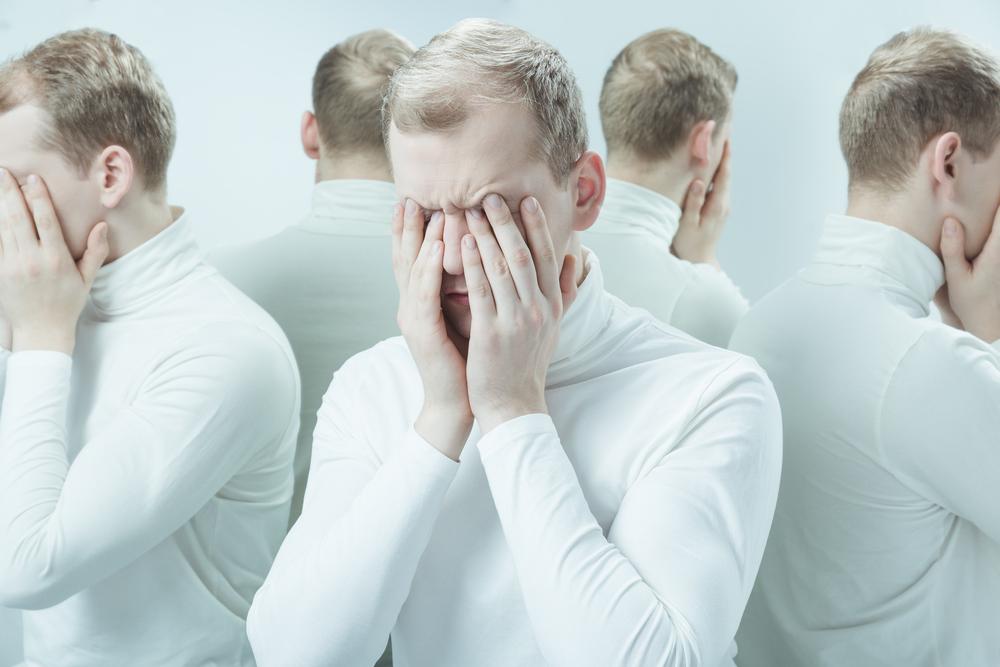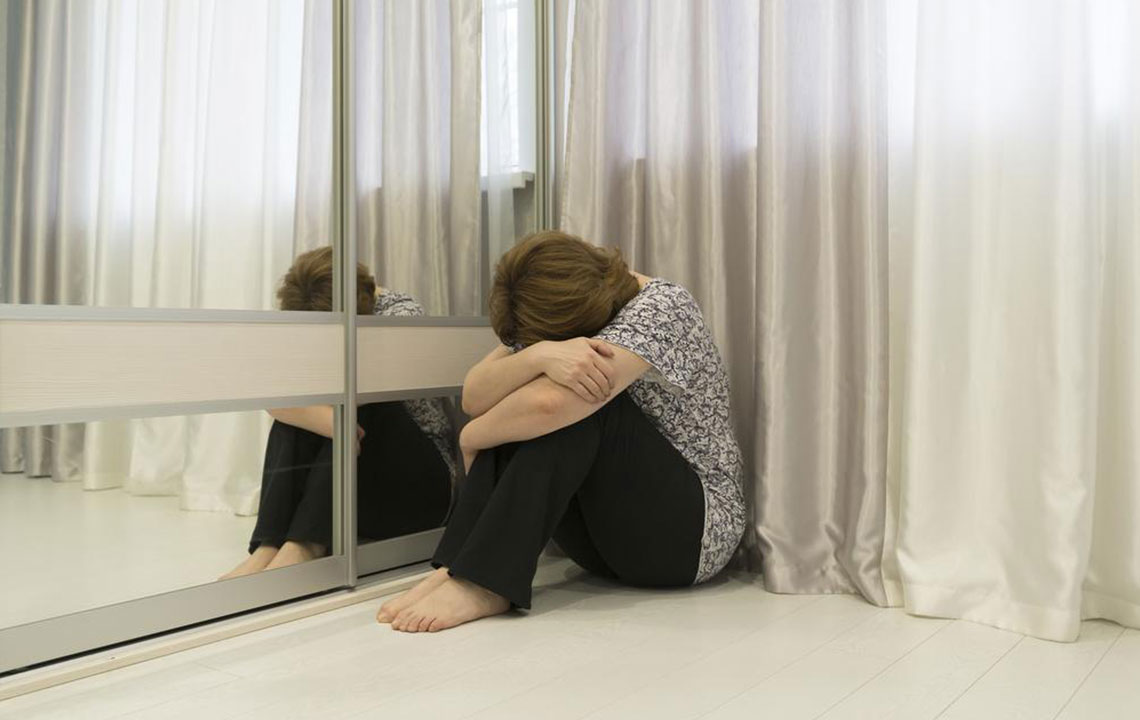Bipolar Disorder And Its Causes
Bipolar disorders are a type of brain disorder that bring about changes in a person’s mood, behavior, energy, and cognitive functions. People suffering from bipolar disorder suffer intense, extreme, and polar emotional states that might occur at different times; these are called as mood episodes. These moods are categorized as manic, hypomanic, and depressive.
The causes of bipolar disorders are not entirely known. Genetic, neurochemical, and environmental factors interact at different levels and contribute in the onset of progression of bipolar role.

Here are a few facts about bipolar disorder that you should be aware of:
- Of all the people complaining about of depression, 20 percent of them might actually have bipolar disorder.
- It takes almost a decade to begin with treatments for bipolar disorder. This happens due to the delay in diagnosis of the disorder.
- Most people who suffer from bipolar disorder might suffer from additional psychiatric conditions such as anxiety and restlessness. This can make overall diagnosis more challenging.
Although the exact causes of bipolar disorders are still unknown, neuroscientists mention the following factors that cause bipolar disorder:
Genetic factors
There is a very strong possibility that bipolar disorder runs in the family. This is because it has been observed that half the people who suffer from bipolar disorder have a family member who suffers from some kind of mood disorder such as depression. If a parent among the two has bipolar disorder, then there is a 10 to 15 percent greater chance that their child might suffer from the same condition. This increases to 30 to 40 percent if both the parents suffer from bipolar disorder.
A research suggests that in case of identical twins, if one of them is diagnosed with bipolar disorder, there is at least a 60 percent chance that that the other twin will be diagnosed with the same disorder.
Neurochemical factors
Primarily a biological disorder, bipolar disorder occurs in the specific area of the brain and is due to certain neurotransmitters and chemical messengers that have become dysfunctional. Neurotransmitters such as norepinephrine and serotonin trigger symptoms of bipolar disorder due to external factors such as psychological stress and other social circumstances.
Environmental factors
Apart from genetic or neurochemical factors, there are environmental factors that contribute to the development of bipolar disorder.
- A certain life event can trigger a mood episode of bipolar disorder, even though that person did not show any symptoms of the same in the past.
- Even without genetic factors contributing to this type of brain disorder, altered hormonal functions can also lead to bipolar disorder.
- Substance abuse can also trigger an episode of bipolar disorder. Although substance abuse is not completely regarded as the sole cause of developing the disorder, it can interfere with brain chemicals and induce a more severe depressive phase.
- Among all of the above-mentioned factors, age plays an important role in the development of bipolar disorder. Bipolar disorder has been increasingly appearing at early ages. This early occurrence could be due to under-diagnosis of the disorder. The change in age of occurrence is due to change in social behaviors.
Medication-triggered mania
Antidepressants are one of those medications that can trigger an episode of bipolar disorder. These episodes can have depressive effects on the person and turn into a manic episode. In this case, when an antidepressant is taken, it is necessary to have an antimanic drug to prevent a manic episode. It creates a “ceiling” that partially protects the person from bouts of antidepressant-induced mania.
Appetite suppressants also produce euphoria that resembles a mania when a person is suffering from bipolar disorder. These appetite suppressants can trigger increased energy, talkativeness, and decreased need for sleep.
Other substances or medications that induce manic-like episode include the following.
- Class-A drugs such as cocaine, ecstasy, and LSD.
- Excess doses of over-the-counter drugs can also result in bouts of manic episodes in case the person is suffering from bipolar disorder.
- Medicines to treat thyroid problems and corticosteroids like prednisone and other non-psychiatric medications can also result in the development of the symptoms of bipolar disorder.
- It has also been found that people who are susceptible of developing the symptoms of bipolar disorder are at increased risk of developing the same if they consumed excessive caffeine.
If you or a person you know has a history of bipolar disorder, it is necessary that you notify the doctor as they will help to avoid the risk of a manic episode that is medication induced.




